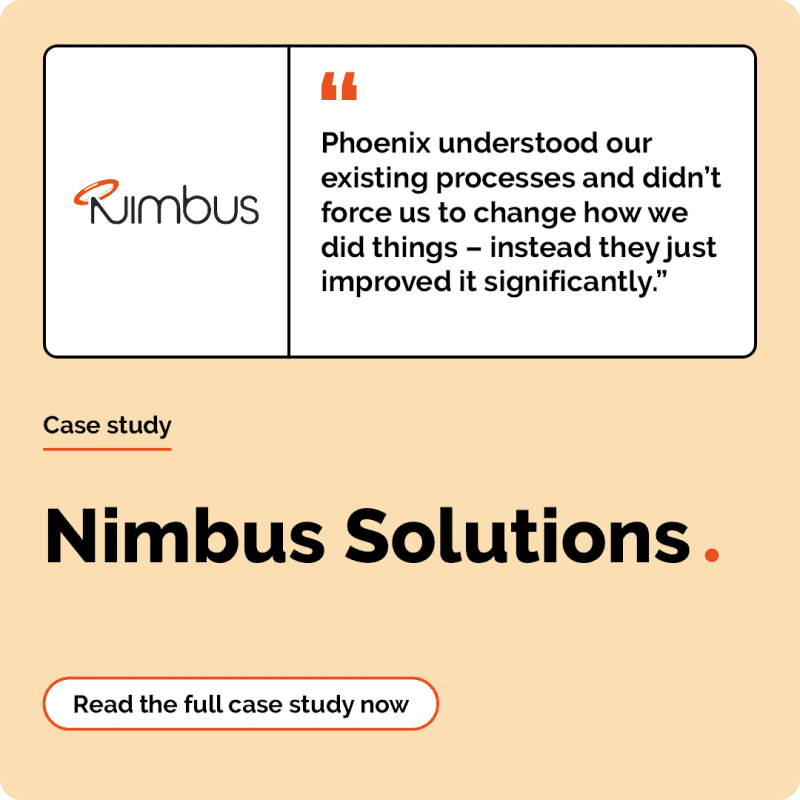Understanding AI factories: the future of intelligent automation
4 minute read
Kelsey Smith
September 3rd, 2024
Artificial intelligence (AI) is the latest digital innovation, revolutionising our future. With AI factories designed to effectively and ethically build AI models, organisations like yours are utilising AI more and more.
Generative AI is one AI innovation, where AI models like GPT-4 create new content. Ranging from copy, to images, music, and more, these programmes mimic human creativity and are helping to expand possibilities in creative industries. For a more business-led AI investment, Microsoft Copilot integrates AI into everyday tools like Microsoft 365, automating tasks and providing intelligent suggestions to enhance productivity and streamline workflows.
As AI becomes more embedded in daily operations, it becomes even more crucial to ensure the use of AI platforms is ethical, unbiased, and secure. This ethical framework goes hand in hand with security and governance, where security measures are implemented to protect data and ensure the responsible deployment of AI.
In light of this, AI factories represent a holistic approach to AI development, managing the entire lifecycle from data collection to model deployment, enabling organisations to efficiently scale and maintain high-quality AI solutions. These advancements collectively show AI’s transformative impact across various sectors, highlighting the need for balanced, ethical, and secure implementations.
What is an AI factory?
AI factories are a systematic approach to developing, deploying, and managing AI solutions. Think of it like a traditional factory, but instead of producing physical goods, it creates AI models and applications out of tokens. AI factories encompass all the processes, tools, and infrastructure needed to build, train, test, and maintain AI systems.
Tokens are the basic units of meaning in natural language processing (NLP), which is a branch of AI that deals with understanding and generating human languages. Used to represent the input and output of various NLP tasks, such as text classification, sentiment analysis, machine translation, and summarisation, tokens are essential for building AI models and applications that work with natural language.
Tokens are the main components of AI factories, as they are used to create and refine data sets, train and evaluate models, and generate and consume outputs.
What are AI factories used for?
AI factories are used to streamline and accelerate the creation of AI solutions. By automating various steps in the AI development lifecycle, they enable organisations to:
- Increase efficiency: automate repetitive tasks, reducing the time and effort required for data processing and model training
- Enhance quality: implement standardised processes that ensure consistent and high-quality AI models
- Scale operations: manage multiple AI projects simultaneously and deploy AI solutions at scale across different parts of an organisation
How do AI factories work, and what are tokens in AI?
AI factories have several key components and processes designed to work seamlessly to create comprehensive AI models quickly.
These components involve data collection and processing, model development, deployment, monitoring, and automation. Each of these elements comes together to build an effective, tailored AI model.
Tokens play a huge part in the development of AI models, applying natural language processing (NLP) techniques to the raw data. Extracting relevant information from the data, such as entities, keywords, sentiments, topics, or intents, information is then encoded as tokens, which can be stored, indexed, and searched in a token database.
Tokens are then linked to other tokens or data sources, creating a network of semantic relationships that can be used to enhance the understanding and interpretation of the data. By using tokens, AI factories reuse and combine different AI models and solutions, creating a modular and scalable AI system.
Along each step of the way, AI factories ensure all data is organised, optimised for future performance, and deployed thoroughly with governance and compliance in mind.
What can AI factories do?
Beyond the effective production of AI models, AI factories have built-in functions of their own, including:
- Predictive analytics: analysing historical data to predict future outcomes, such as sales forecasts or equipment failures
- Natural Language Processing (NLP): understanding and generating human language, enabling applications like chatbots and sentiment analysis
- Computer vision: interpreting visual data from images and videos, used in applications like facial recognition and quality inspection in manufacturing
- Robotic Process Automation (RPA): automating routine business processes such as invoice processing and customer service enquiries
Use cases of AI factories
Whether it’s predicting medical outcomes, preventing financial fraud, or optimising supply chains, the applications of AI factories are vast and transformative.
- Healthcare: AI factories create models with the ability to analyse medical images such as X-rays and MRIs to diagnose diseases like cancer more accurately. Other models can use patient data and genetic information to tailor treatment plans for each individual
- Finance: AI models can detect and prevent fraud by identifying suspicious transactions. Additionally, AI factories produce technologies to manage risks and make informed investment decisions by analysing financial data
- Retail: in the retail sector, AI factories provide personalised shopping experiences, targeted marketing by analysing customer behaviour, and help optimise inventory levels
- Manufacturing: AI factories can also improve quality control by using computer vision to detect defects in products on the assembly line, reducing downtime and costs down the line
- Transportation: by analysing traffic data, AI factories find the most efficient routes for delivery trucks by analysing traffic data, also enabling self-driving cars to navigate safely and efficiently
AI factories represent a holistic approach to AI development and deployment, bringing together data processing, model training, deployment, and monitoring into a singular cohesive system.
Discover how to utilise AI factories
By leveraging AI factories, organisations can harness the power of artificial intelligence to improve efficiency, enhance quality, and drive innovation across various industries.




